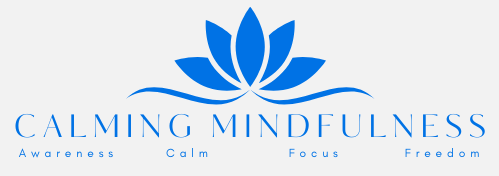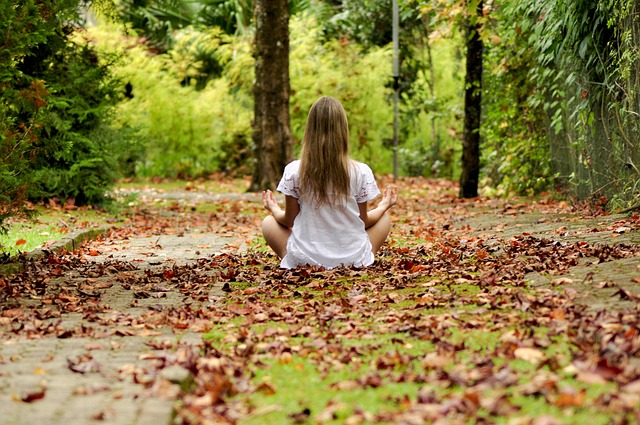Mindfulness for Kids: 7 Tips To Start
Mindfulness for kids is a practice that centers on teaching children how to be fully present in the moment and aware of their thoughts, emotions, and bodily sensations without judgment. This concept, derived from ancient meditation practices, has gained traction in modern psychology as an effective way to cultivate emotional resilience, improve focus, and reduce anxiety and stress. By encouraging kids to engage with the world around them with a sense of curiosity and acceptance, mindfulness can help them develop healthier responses to the challenges they face.










